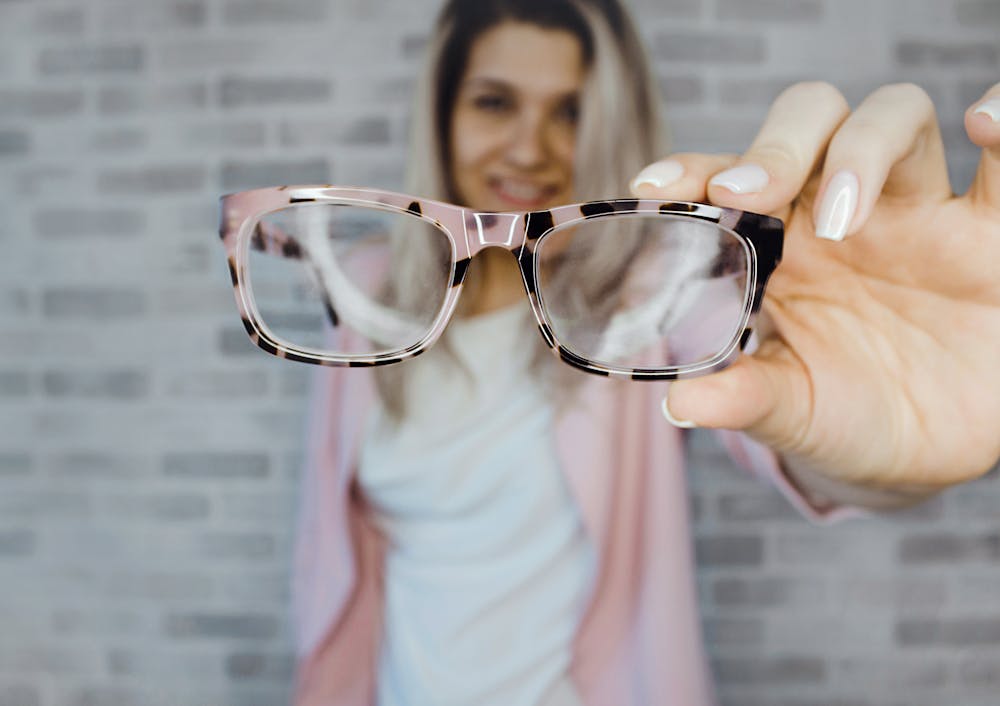Vision loss can be challenging at any age, but it poses particular difficulties for seniors who are already dealing with other effects of aging. Whether your vision loss is due to macular degeneration, glaucoma, cataracts, or diabetic retinopathy, there are ways to make the most of your remaining vision and maintain your independence. This guide provides tips and resources to help seniors with declining eyesight.
Getting Professional Help
The first step is to get a thorough eye exam from an ophthalmologist. They can diagnose the cause of your vision problem and prescribe any treatments or assistive devices that may help. Some conditions like cataracts can be improved with surgery. For irreversible vision loss, low vision rehabilitation programs can help you learn new skills to safely perform daily tasks. Occupational therapists can suggest magnification tools, adaptive equipment, and ways to organize your home to make it easier to function with low vision.
Making Your Home Safer and More Accessible
Simple changes around your house can make it safer and easier to navigate. Remove clutter and tripping hazards like throw rugs and electrical cords from walkways. Use color contrast by painting door frames, cabinets, light switches and stairs in a lighter color than walls. Install handrails on both sides of stairs or swap stair carpeting for high-visibility tape on stairs. Improve lighting by using higher wattage bulbs, adding more lamps, or installing motion sensor lights. Consider smart home devices like Alexa to turn lights on and off hands-free. Mark appliances and medications with large print or braille labels.
Building New Skills
Living with vision loss means learning new ways of doing everyday activities. Occupational therapists can teach skills like using magnifiers to read, signing your name, dialing a phone, identifying money, cooking safely, and more. Assistive devices like talking clocks, audiobooks, bump dots, and large button phones are available. White canes help with mobility and detecting obstacles when out of the home. Guide dogs can also increase safe mobility for those with severe vision loss. Learn these skills gradually so you can adapt at your own pace.
Finding Support
Low vision can lead to social isolation and depression without adequate support. Connect with others dealing with vision loss through in-person or online support groups. The American Foundation for the Blind and VisionAware have forums to share experiences. Spend time with friends and family who make you feel encouraged. Let loved ones know specific ways they can assist you while respecting your independence. Your doctor may also recommend antidepressants or counseling if you are struggling with mood disorders.
Receiving In-Home Care
Home care services in Dupage, IL, allow seniors with vision loss to receive assistance on their own terms. Aides can provide transportation, assist with bill paying, go grocery shopping, cook nutritious meals, help with bathing and dressing, manage medications, provide socialization, and more. This improves quality of life while enabling seniors to remain in their homes as long as possible. Care levels range from a few hours per week to full-time live-in care. Compare local agencies and find in-home care covered by long-term care insurance or Veterans benefits.
Staying Active
Don’t isolate yourself at home – stay active and engaged in the community. Local senior or community centers offer adapted fitness classes, social activities, and low vision support groups. Be a lifelong learner by taking adult education classes on topics of interest. Volunteer to share your talents and serve others. Enjoy cultural events like concerts and museums with audio tours and descriptive guides. Maintain social circles and schedule regular visits with friends over the phone or in person. Stay active physically and mentally to reduce depression.
Losing vision doesn’t have to mean losing your independence and joy. By making your home safer, learning new skills, using assistive tools, and getting support, you can continue to thrive. Focus on the abilities you have and take it one day at a time.




